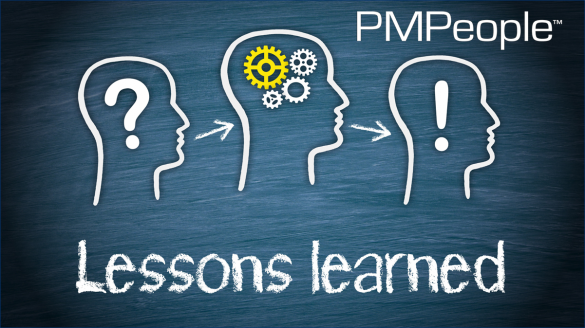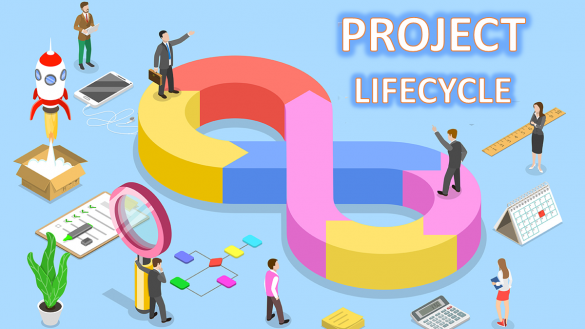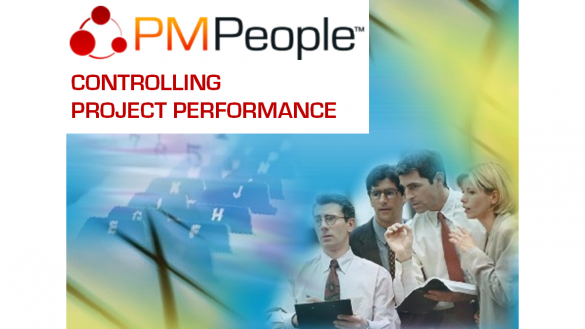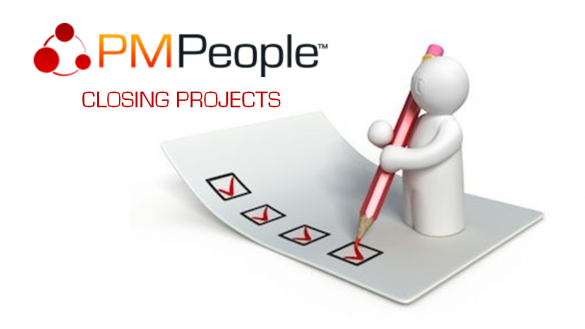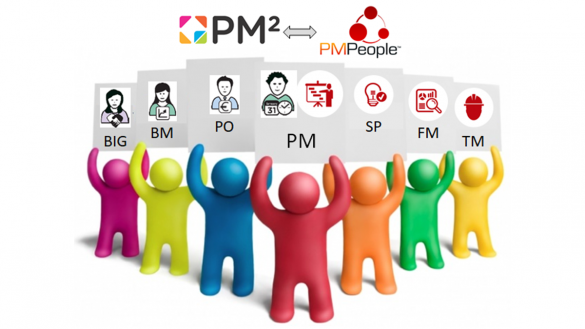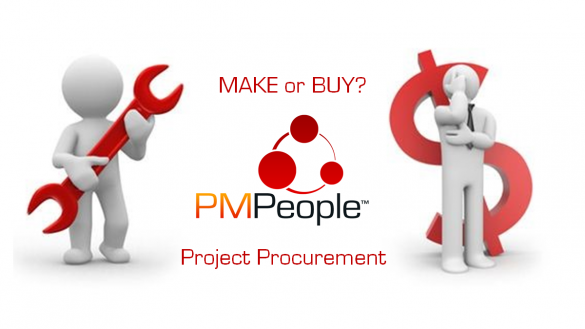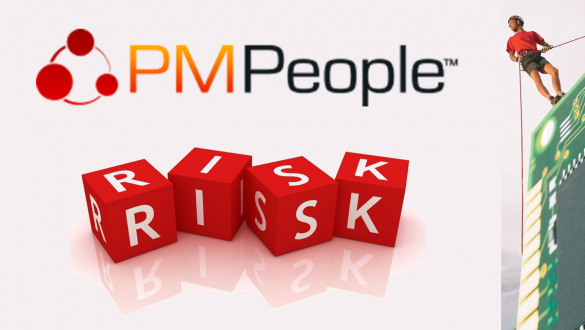Lessons Learned in Projects
Registering lessons learned often requires the project team to write some formal documentation. Discussions about lessons learned typically occur during the project closure meeting. Team members don’t remember the details, are reluctant to write about mistakes, and are already thinking about the next project. These discussions are valuable for personal growth and building professional relationships but, after the meeting, there is no reusable document with explicit knowledge. In PMPeople, the project management team can register lessons learned as they occur, reuse lessons from other projects, and prepare their own for future reuse.
Projects Lifecycle: From Initiating to Closing
In all kind of projects, be them predictive, hybrid, or agile, it is effective for all involved parties (team members, project manager, program manager, portfolio manager, PMO, functional manager, sponsor, requester, and other stakeholders) to be able to distinguish in which management phase the project is now. Simplifying the technical details, a project can be in one of these 4 management phases: 1) initiating (not yet approved); 2) planning (the costly technical work has not yet begun); 3) executing (using costly resources); and 4) closing (technical work completed, in the process of formalizing closure).
Controlling the Project Cost, in practice
To get the project finished under budget, we need to measure cost performance on each review date. Earned Value Management (EVM), is the ANSI 748 standard method to measure the project cost performance objectively. According to EVM standard, as of each status date, three measures are enough to analyze the project cost performance. Professional project managers can practice EVM effectively with PMPeople.
Controlling Projects Performance
Project managers use their soft skills to manage any project professionally, but they need also their hard skills, some of them highly automatable. PMPeople automates many techniques to control the project performance, such as decomposition, schedule control, earned value management, etc.
Closing Projects with PMPeople
While closing a project or phase, PMPeople can help effective communication with stakeholders, specially nervours since they know they won’t have the right to request more changes and they need to make sure all their requirements are met. You can control this communication, any time, anywhere, with PMPeople.
PM² Artefacts with PMPeople
The PM² Guide describes 33 document templates covering most cases in all kind of projects, not just UE’s ones. Many projects need to follow a strict methodology based on documented evidence. Even for those cases, PMPeople enables people to collaborate first, and document the project later, saving time and fostering project teams productivity.
Project Procurement in the Project Economy
The growing specialialization in the project economy makes unusual “one project team makes all”. More and more projects are connected via procurement: A certain buyer performing project #1 outsources work package #1 to seller #1 who performs project #2, part of which is outsourced again to another seller performing project #3, etc. Control all project procurement interdependencies with PMPeople.
Managing Risks with PMPeople
In projects, risk management is the opposite of crisis management. Good project managers want problems, but they don’t want to be shocked. When problems materialize, they are noticed as project management professionals if they have anticipated risk responses. With PMPeople, you can manage your risk register online and make people collaborate on project risk management.
Overtime accounting with PMPeople
With PMPeople, workers can register start and end hours for each working day, as enforced by Spanish law. Additionally, managers are able to know the project margin to date, taking into account the overtime cost.
Categories
- Business (16)
- Demand Management Roles (14)
- Frequently Asked Questions (7)
- Guide (26)
- People (23)
- Assignments (2)
- Feedback (2)
- Project Team (3)
- Tracking Time And Expenses (2)
- Process (9)
- Closing (2)
- Executing And Controlling (2)
- Planning (1)
- Project Management (67)
- Management Frameworks (18)
- Organization Owner (OO) (3)
- Project Economy (54)
- Tools (19)
- Supply Management Roles (5)
- Training (6)
- Uncategorized (1)



